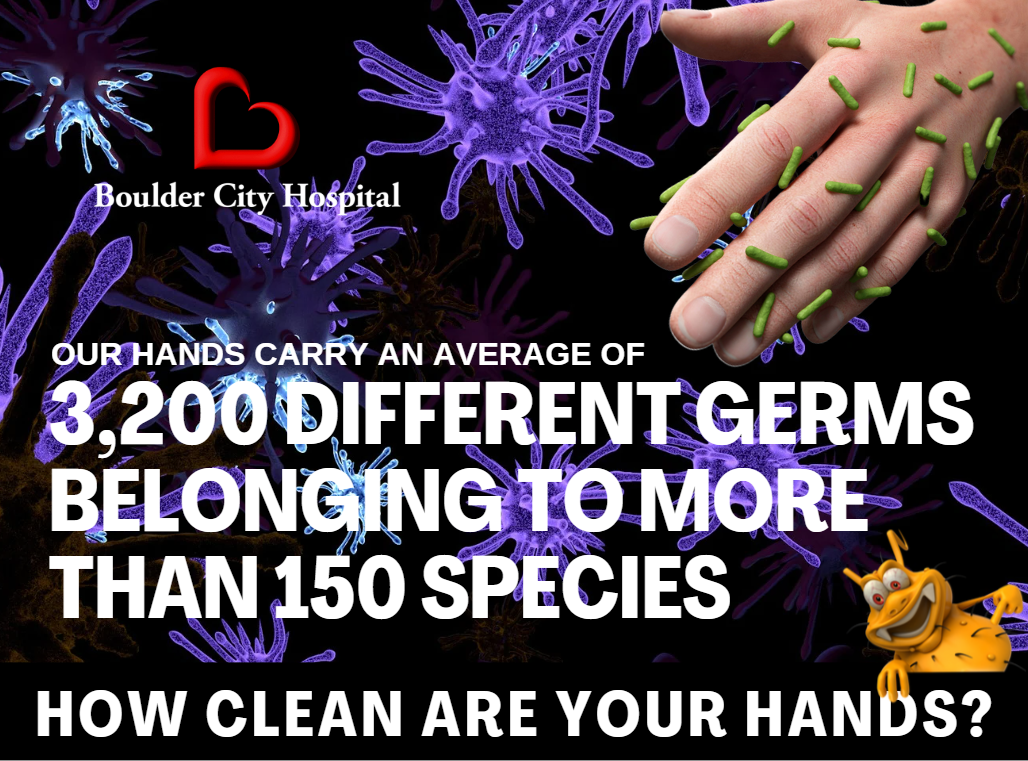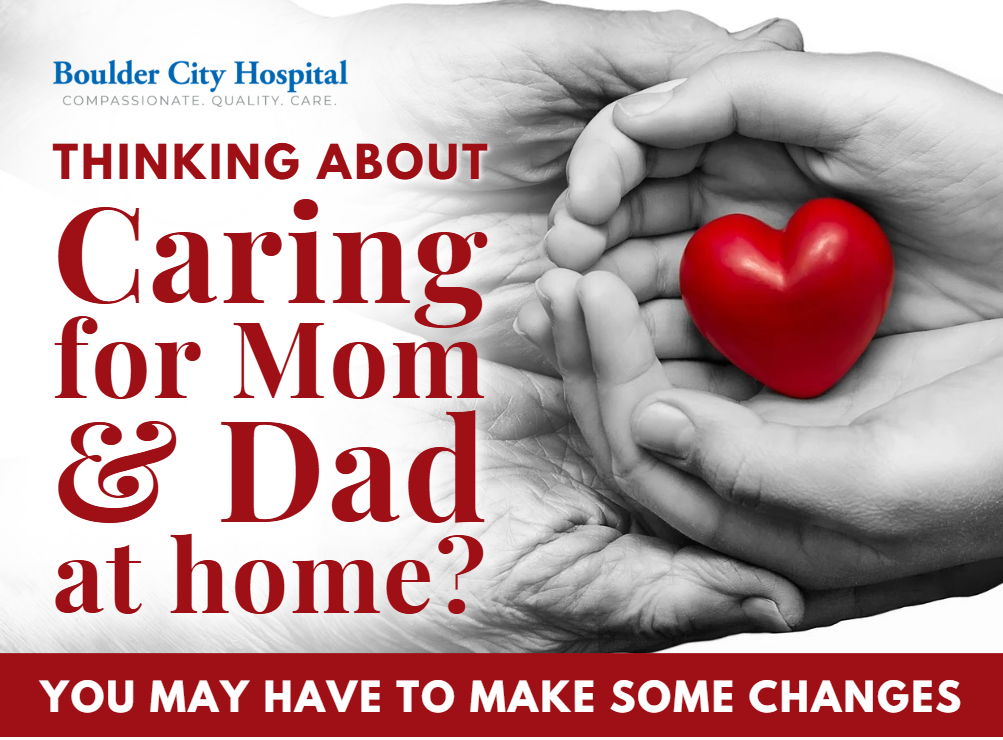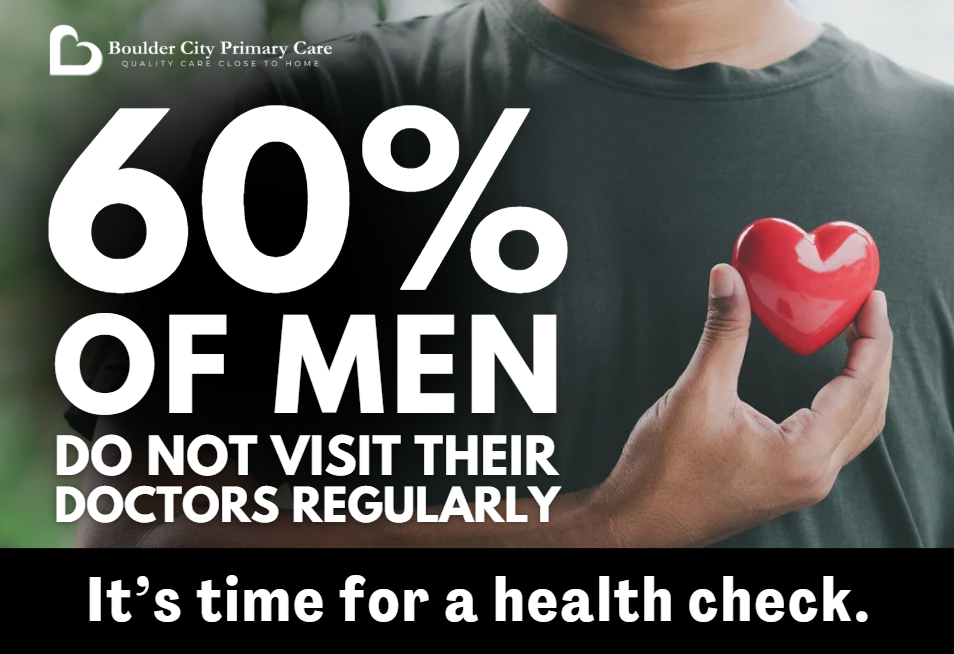Handwashing helps prevent illnesses and the spread of infections to others
The Centers for Disease Control and Prevention (CDC) reports that regular handwashing is one of the best ways to remove germs, avoid getting sick, and prevent the spread of germs to others.
Let’s face it: although you may wash your hands after using the bathroom, changing a diaper, picking up after your pet, or after you’ve touched raw meat, many people do not. And that’s a problem. Hand hygiene is vital to limiting the spread of germs that can cause, for instance, Salmonella, E. coli O157, and norovirus as well as some respiratory infections like adenovirus and hand-foot-mouth disease.
Did you know? A single gram of humn feces-which is abou the weights ofa paper clip-can contain one trillion germs.
Key Times to Wash Hands
According to the Centers for Disease Control and Prevention (CDC), you can help yourself and your loved ones stay healthy by washing your hands often, especially during these key times when you are likely to get and spread germs:
- Before, during, and after preparing food and before and after eating food
- Before and after caring for someone sick with vomiting or diarrhea
- Before and after treating a cut or wound
- After using the toilet and after changing diapers
- After blowing your nose, coughing, or sneezing
- After touching an animal, animal feed, or animal waste
- After handling pet food or pet treats
- After touching garbage
Common Ways Germs Are Spread
 Nose, mouth, or eyes to hands to others Nose, mouth, or eyes to hands to others |  Food to hands to food Food to hands to food |
 Infected child to hands to other people Infected child to hands to other people |  Animals to people Animals to people |
We’re here for you, when you need us.
901 Adams Boulevard, Boulder City, NV 90005
Phone: (702) 293-4111



